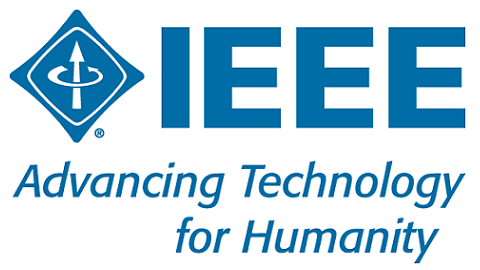IEEE Advances New Standards to Expand Interoperable eHealth Communications
IEEE activities in eHealth intended to expand interoperability, grow industry ecosystem and support new life-saving capabilities. Announcing a new standard and two new standards development projects designed to support plug-and-play, interoperable communications across eHealth devices.
Read More







